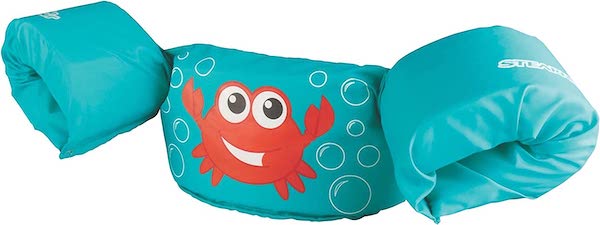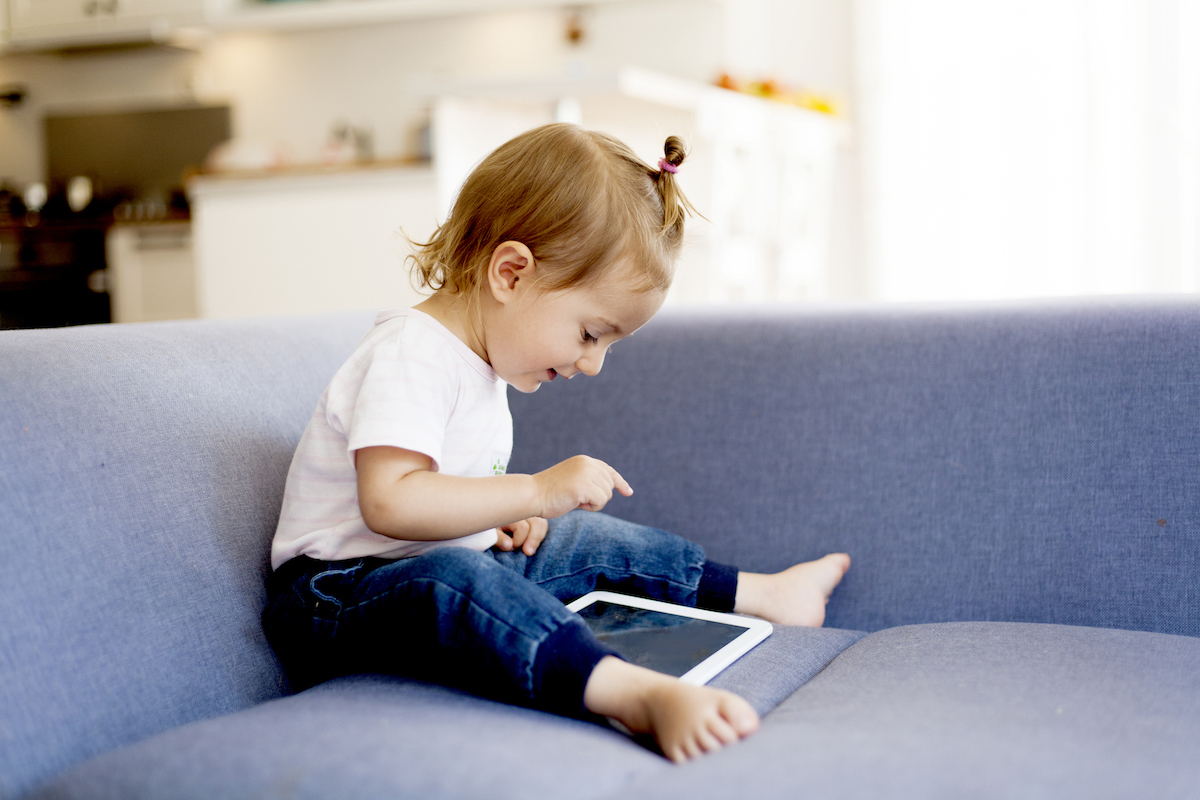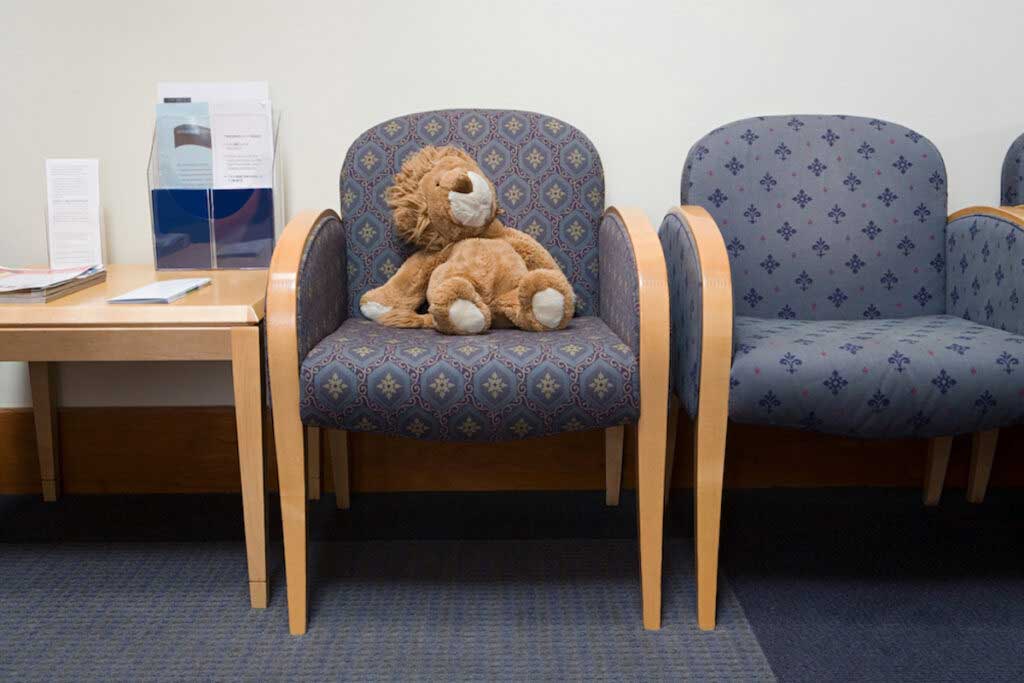Is it true that puddle jumpers put children at risk for drowning? What are the best strategies for keeping children safe around water?
—Kelly
Let me answer your second question first. The best way to keep children safe around water is to (1) have an adult watching while they swim and (2) make sure they do not have access to a pool where they can wander in (when they are younger). I wrote more about that here.
Now to the question of “puddle jumpers” — basically a fancy version of those inflatable water wings we had when I was a kid. Picture included below.

The idea, similar to water wings, is that it helps your child stay upright in the pool. If your child doesn’t know how to swim, it provides a way for them to be in the pool with you without your having to hold them the entire time. As you note, however, there is a narrative that these are in some way bad, and put your child at risk for drowning. Why?
First, some reassurance. If you’re hanging out with your child in the pool and they are wearing one of these, it does not present an elevated drowning risk. There isn’t something inherently dangerous about wearing this flotation device.
The concerns here have to do with how these prepare (or do not) kids to swim alone. A puddle jumper holds a child fully upright, with their arms stuck out to the sides. This is not a standard swimming position. As a result, they aren’t really learning the mechanics of swimming while toodling around in the puddle jumper. (Think about the contrast with being held up by a pool noodle — not a flotation device, but a good way to teach swimming.) If safety is ultimately delivered by being able to swim, this is an issue.
A related concern is that children (or their parents, but mostly kids) may develop a false sense of security. A 2-year-old may think they can swim because when they are in the pool, they have puddle jumpers, and they cannot. If they get access to water unsupervised, that could be deadly.
I do not read this as “puddle jumpers are bad.” I read it as: puddle jumpers are not a substitute for swim lessons. And even more than that, I read it as reinforcing my first answer. Kids should be supervised around pools at all times. And this is true even once they know how to swim.


















Log in